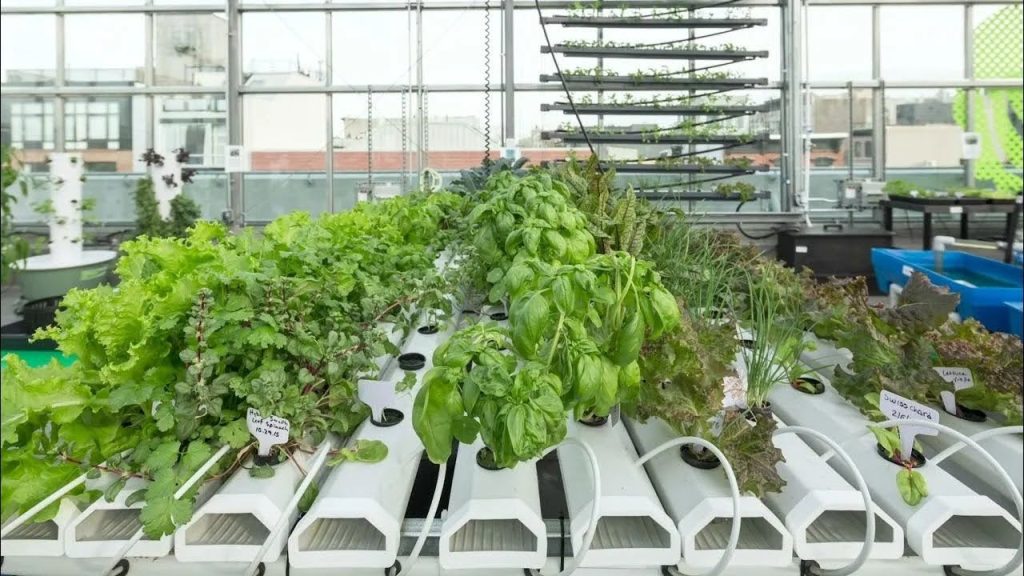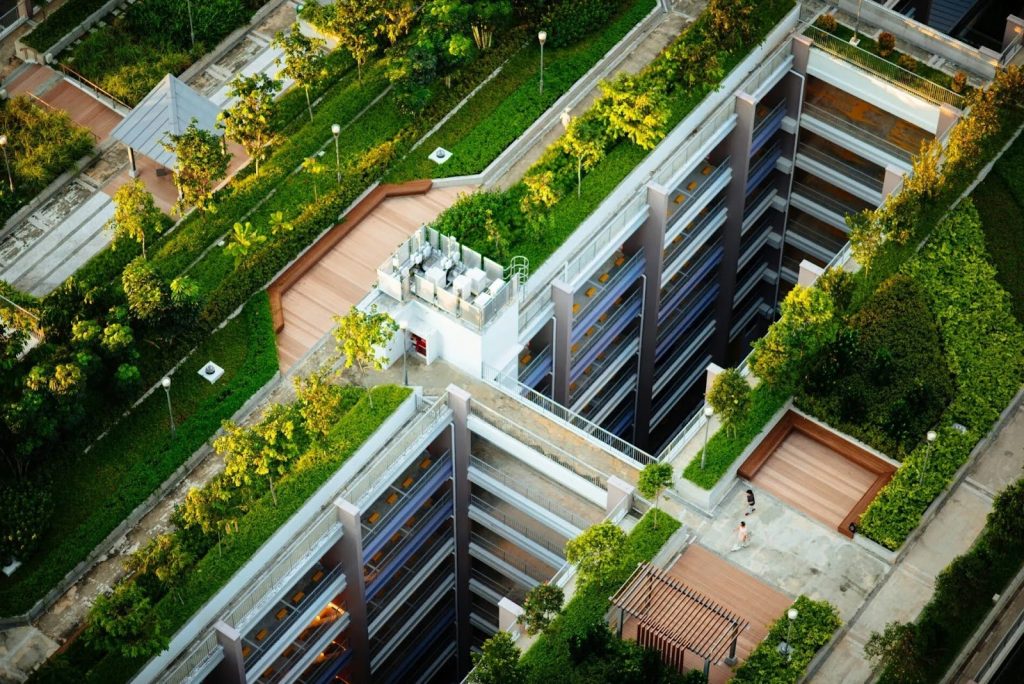NanoGardens are a relatively new innovation within urban agriculture, which have emerged as a sustainable and high-tech alternative for cultivating food in confined areas. Because cities are becoming more reliant and land suitable for conventional cultivation is becoming more limited, NanoGardens may be a vital advancement for the urban food revolution. This post considers the term NanoGardens, how they work, what motivates them, and how they could revolutionise the future of food.
Introduction to NanoGardens
NanoGardens are small, high-tech gardens utilized for growing plants in the least possible amount of space. The systems are common in urban setups, especially in apartments, on balconies, and on flat roofs among others. NanoGardens incorporate methods such as hydroponics, aeroponics, and growing plants in soilless media among others. City technology makes it possible to grow one’s vegetables with minimal or no space for soil utilization.
The Technology Behind NanoGardens

NanoGarden technology fundamentally revolves around the practice of optimizing plant growth in controlled environments. The gardens are highly automated, with systems to water and light the plants and feed them nutrients according to their specific requirements. LED lighting accurately emulates the light cycle, and plants are grown in hydroponic systems circulating water with added nutrients instead of soil . In addition, many of the gardens include sensor and IoT functionalities that monitor plant health and the environment to make precise adjustments with near zero waste.
Benefits of NanoGardening

NanoGardens refer to small, high-tech gardens where the planting is done in the tiny spaces possible. The systems are common in city setups where apartments, balconies, and even flat roofs, among others, are utilized. Some of the methods included in NanoGardens Bandar togel are hydroponics and aeroponics, and growth in soilless media, among other methods . City technology allows people to grow their vegetables by use of minimal or no space to hold the soil.
Integration into Urban Lifestyles

In addition to contributing to sustainability, NanoGardens improve city dwelling. They may be developed and installed in many expansions, ranging from small apartment balconies to common rooms and areas in housing structures. Additionally, NanoGardens can construct a teachable lesson for people and contribute to food security by bringing knowledge to local communities.
Challenges Facing NanoGardens
NanoGardens, on the other hand, while more sustainable and efficient, offer their own challenges. Notably, they may be expensive to set up and sustain, limiting their accessibility to low-income households. The systems are technologically complex and require a constant power supply, and are vulnerable to equipment malfunctions that may impact plant growth. Finally, such systems may also come with a learning curve, as their operation requires a certain level of competence.
The Potential for Scaling NanoGardens
The scalability of NanoGardens looks extremely promising, as the systems are bound to become more affordable to develop and operate as technology progresses. At the same time, various improvements in modular design, energy-saving, and automation can make NanoGardens suitable for an even wider range of urban environments. With progress in these areas, even rooftops, abandoned empty lots, and various neglected urban niches can turn into productive green nooks.
Future Directions for NanoGardening

In summary, the future of NanoGardening looks highly promising. Ongoing research efforts are taking this idea a step ahead by helping to fine-tune the effectiveness and efficiency of these systems. This includes research to determine the feasibility of enhanced systems with integrated AI, thereby ensuring optimal growth parameters without wastage. Additionally, nowadays, small-sized NanoGardens are getting increasingly popular which could result in the revival of many urban communal living cooperatives that would drive renewed urban development.
Cultivating Change with NanoGardens
NanoGardens represent a revolution in urban food production. An amalgam of technology and age-old gardening principles, they promise a solution that is sustainable, efficient, and space-savvy, which could provide cities with a new paradigm of food security. Despite the barriers, the evolution of NanoGardens, as well as their further integration, may revolutionise urban agriculture and pave the way for more environmentally-friendly and self-reliant cities. Considering the urban growth pattern, initiatives such as NanoGardens will be crucial for developing sustainable and food-secure cities.
